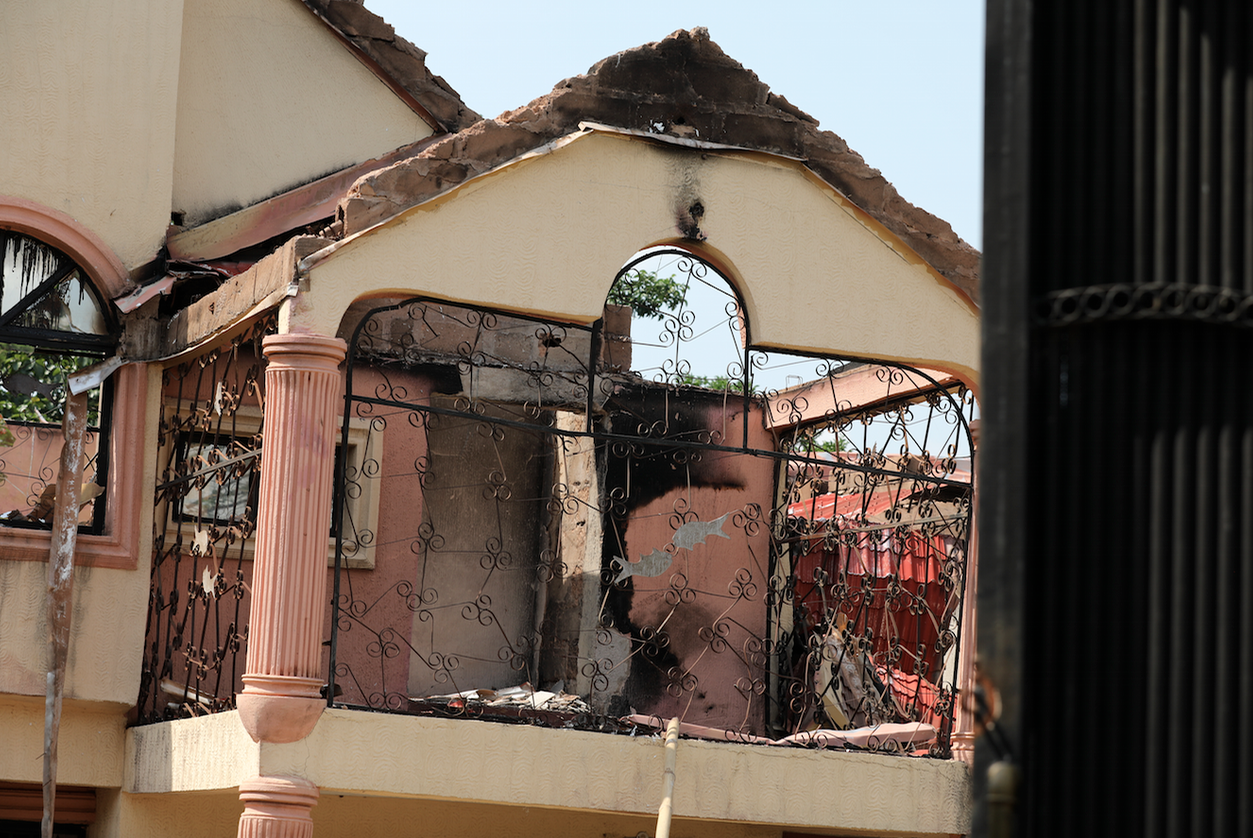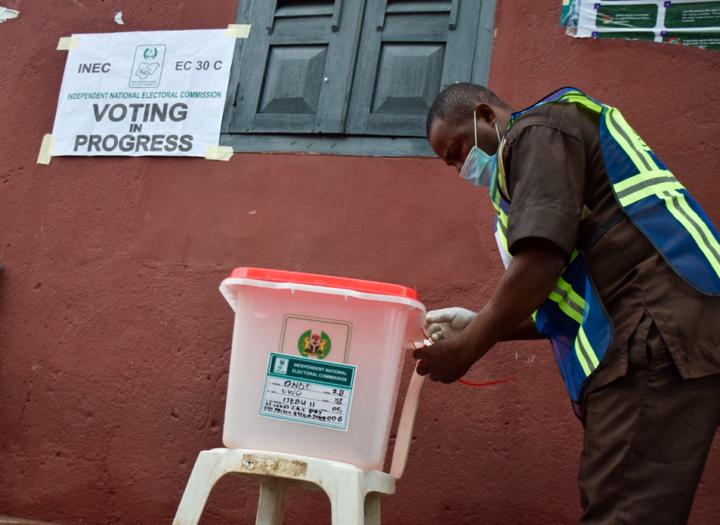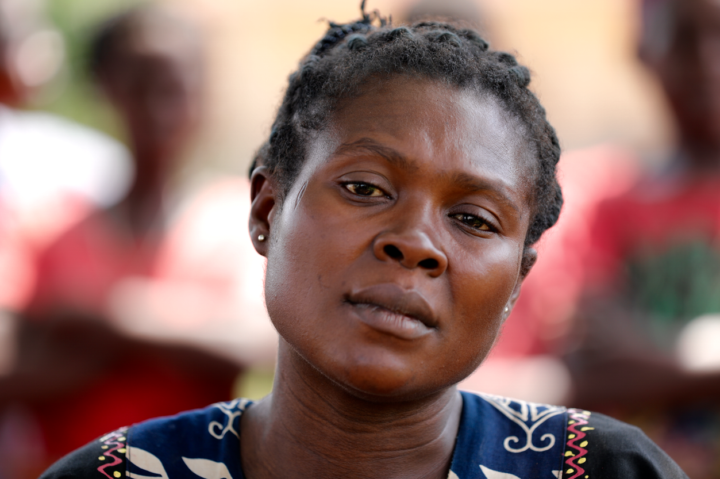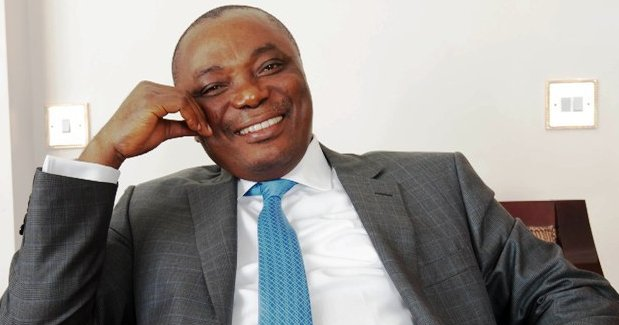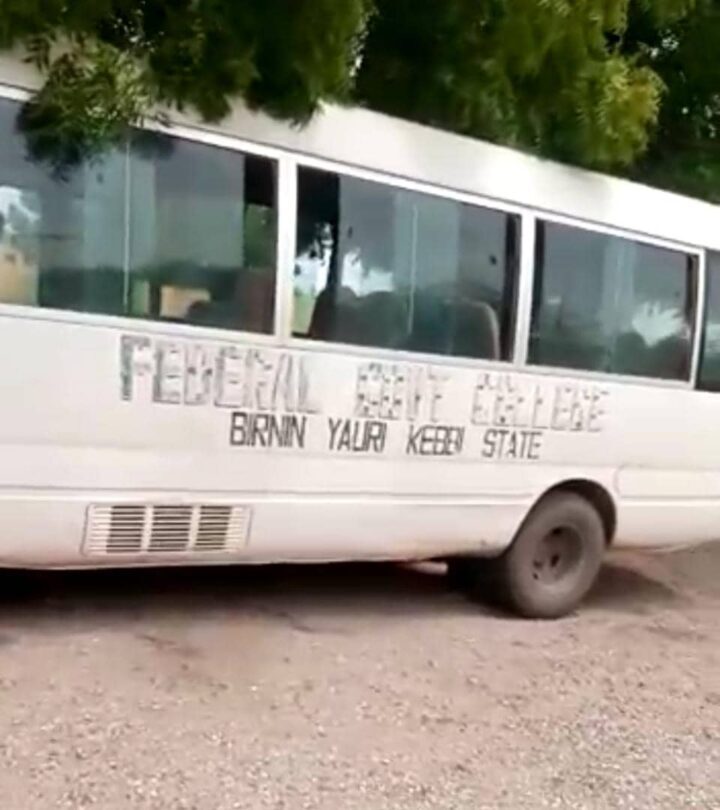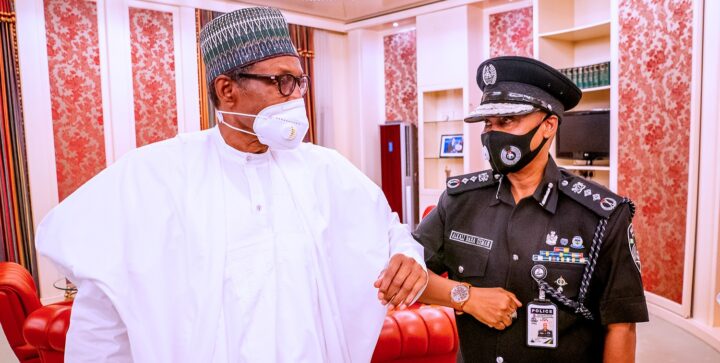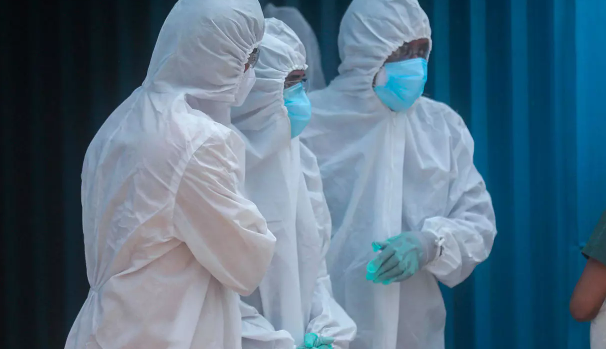From the burning of police stations and the high court to the killing of policemen and the maiming of citizens, Ebonyi state has been rocked by violent attacks over the last few months.
In the past, a major source of such violence was rooted in discord over land ownership rights. However, the attacks have now transcended into bloodshed between the present-day communities of Effium and Ezza-Effium in Ohaukwu LGA in the state.
Both warring parties claim that the first attack which resulted in the communal crisis that began on January 22, 2021, was triggered by the opposing side.
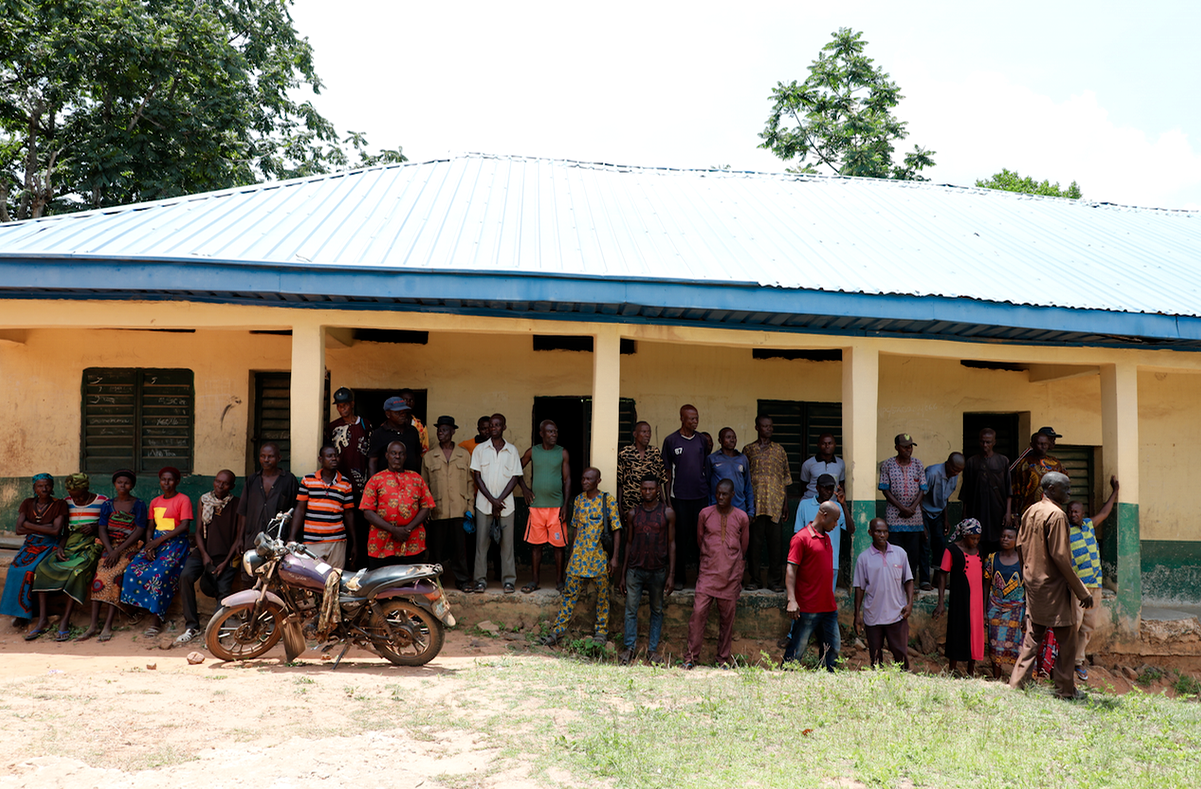
While some residents attribute the recent spate of violence to a leadership tussle involving members of the National Union of Road Transport Workers (NURTW) in the state, some say it’s a result of the age-long dispute over land ownership.
Advertisement
According to data from the Council on Foreign Relations, over 120 deaths were recorded between January and March 2021 in Ebonyi state.
In this documentary, TheCable brings you first-hand testimonies, while uncovering details of the communal clash which led to the deaths of many residents and displaced several others to neighbouring states like Benue, where communal crisis, banditry, and other security challenges are predominant.
Advertisement
David Umahi, governor of Ebonyi, had decried the spate of killings and lack of peace in parts of the state.
“Evil men have infiltrated our state to kill, maim and kidnap but God would deliver us,” he had said.
Pregnant women, children, the elderly, youths, religious leaders, and traditional rulers in both Effium and Ezza-Effium communities have become victims of the conflict.
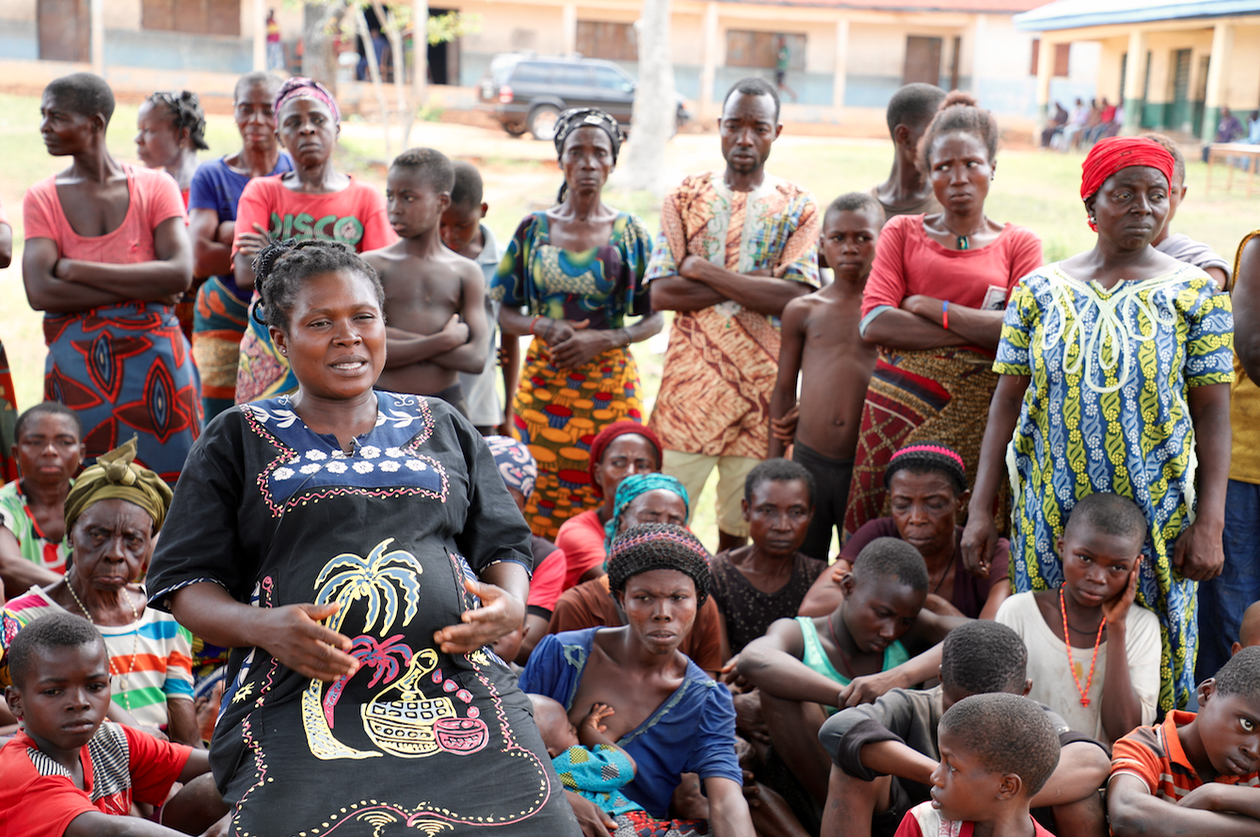
Speaking with TheCable, Ekpe Jacinta, a nine months pregnant woman, narrated that the school where she and other displaced persons were camped had no doctor, midwife, or health official to help deliver her baby.
Advertisement
“This is my ninth month. My plans? Let the will of God be done because I have nothing. I live in this school. There is no doctor, no midwives; it is only God that protects me,” she said.
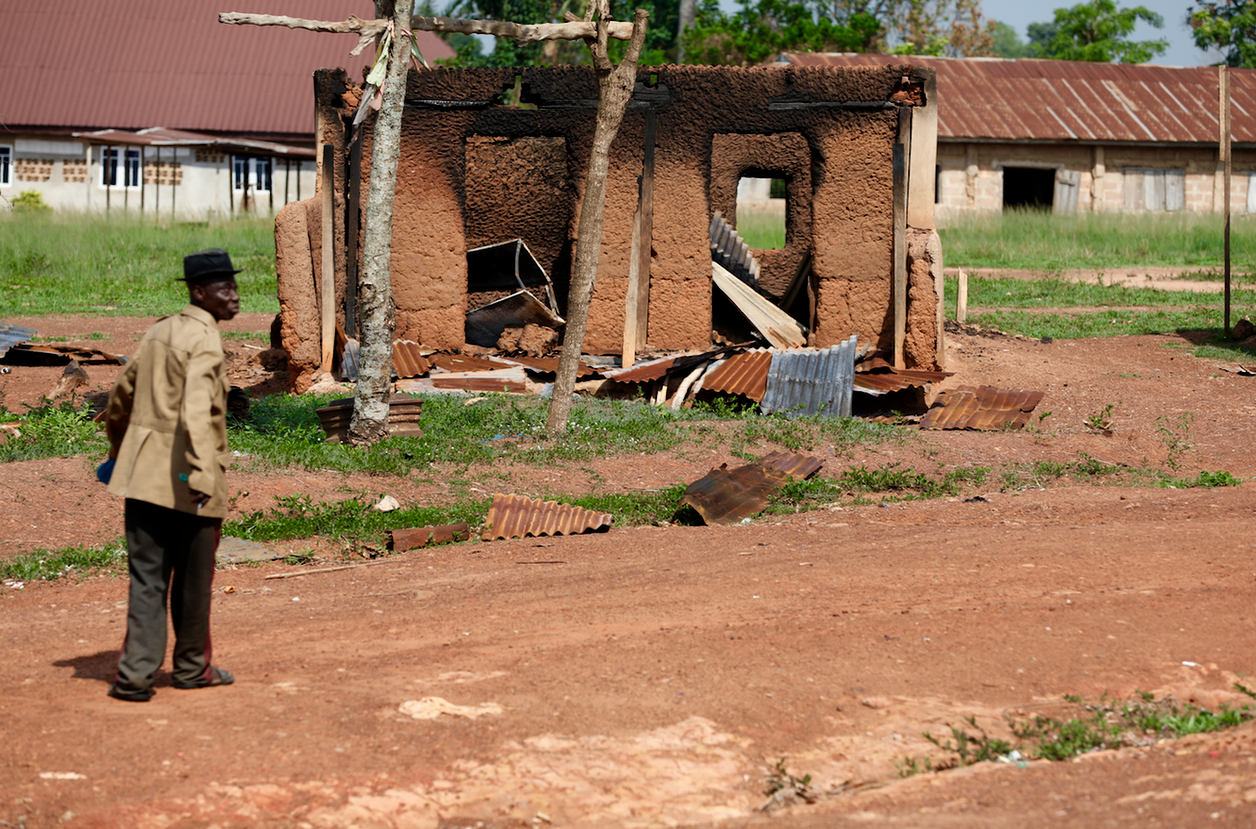
Despite the harsh tales of survival, endangered lives, destroyed properties, and shallow graves which now characterise the conditions in Effium and Ezza-Effium communities, TheCable found that there is still distrust among several residents.
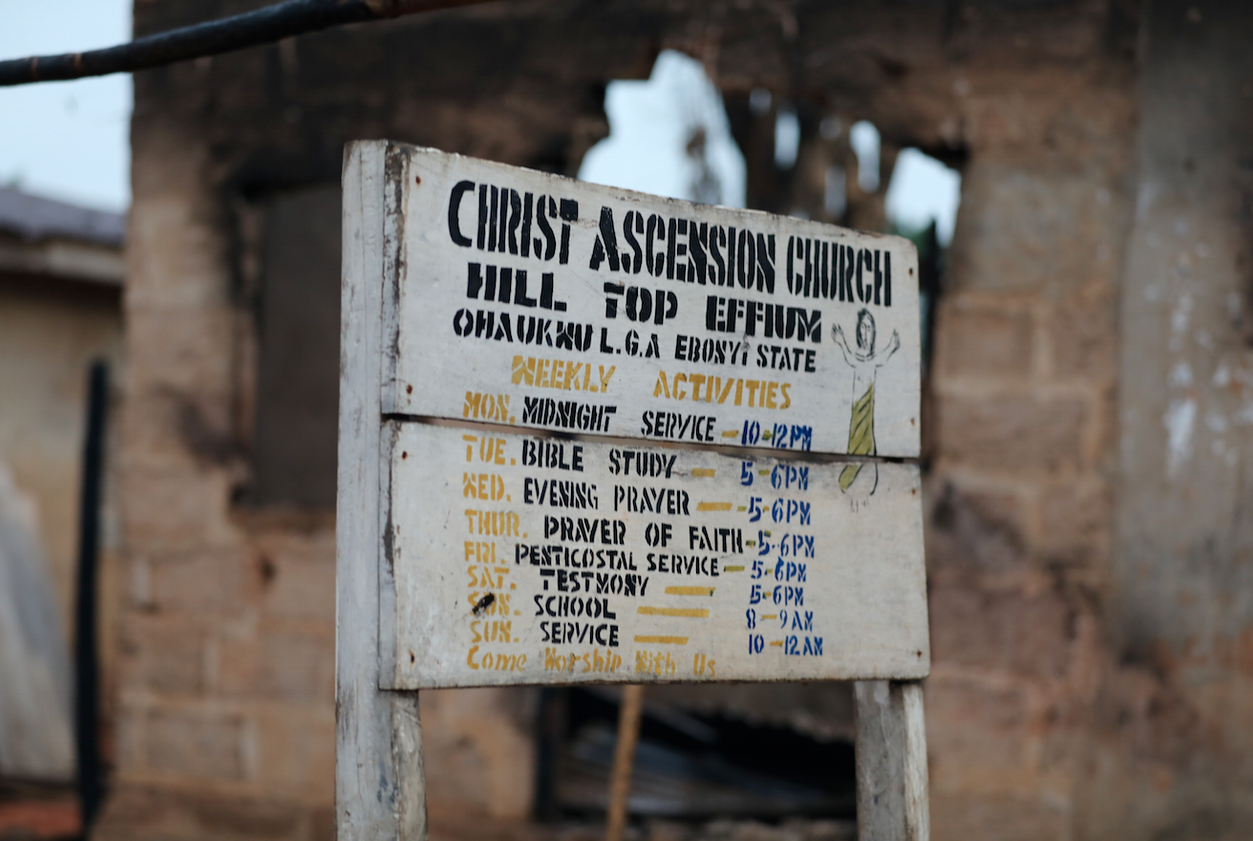
Credits
Story & Editing: Anu Adelakun
Narration: Anu Adelakun, Olawoyin Adedigba
Advertisement
Cinematography: Mansur Ibrahim, Anu Adelakun
Drone: Ogodo Nnamdi
Advertisement
Text: Haleem Olatunji
This is a special investigative project by Cable Newspaper Journalism Foundation (CNJF) in partnership with TheCable, supported by the MacArthur Foundation. Published materials are not views of the MacArthur Foundation
Advertisement
Add a comment
